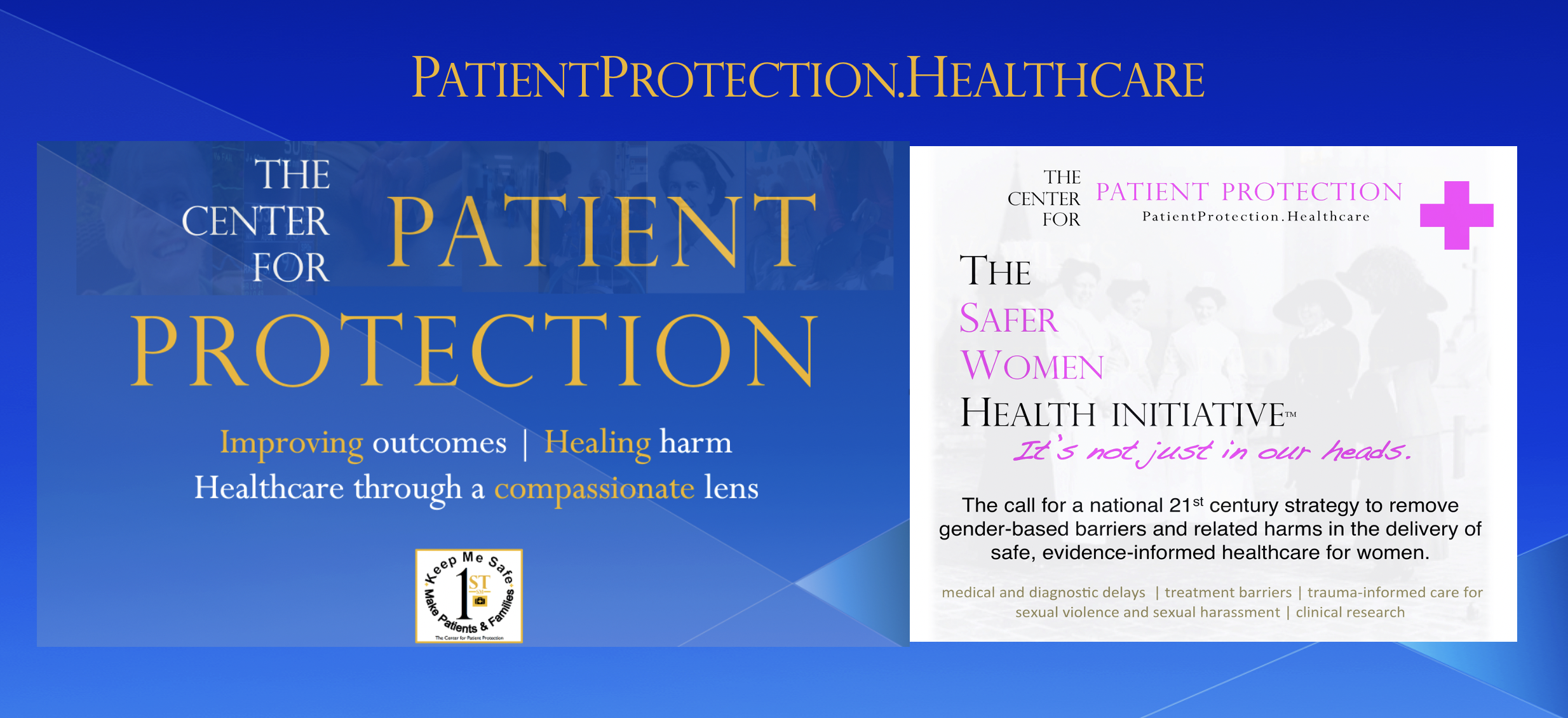 Making organizations like the CMPA rich should not be the goal, or result, of government policy. Protecting patients should be.
Making organizations like the CMPA rich should not be the goal, or result, of government policy. Protecting patients should be.
Canadians who experience medical harm at the hands of the healthcare system they pay for are often chagrined to learn that, if they pursue their legal remedies in court, they are also footing the bill to defend the very physicians they claim have harmed them. Now it seems that Canadian taxpayers have been victimized by this system, too.
In a landmark decision, a New Brunswick court found last June that the publicly subsidized Canadian Medical Protective Association (CMPA) primarily exists to defend doctors against lawsuits and misconduct complaints. In other words, it is not an insurance liability fund to protect the public. As Madam Justice Tracey DeWare forcefully voiced: “Since its inception in 1901… at all times the CMPA has been an association of physicians, run by physicians, and for the benefit of physicians. At no time have the objectives or scope of the CMPA included any notion of protection of the public….
Since its inception in 1901… at all times the CMPA has been an association of physicians, run by physicians, and for the benefit of physicians.– Justice Tracey DeWare
For years, provincial governments have been funneling hundreds of millions of dollars into the CMPA under the guise that they were protecting Canadians by helping to pay for physicians’ liability insurance. Since 1987, the bill paid by Ontario taxpayers to the CMPA has soared by 3,200 percent. Not surprisingly, that fund now has a war chest of more than $3 billion. It is that kind of clout that allows the CMPA to pursue a “scorched earth” policy against victims of medical errors, where, according to some critics, it would prefer to spend five times the amount of a claim to defend a case rather than settle.
Over the years, patients and families from across Canada have written to me and shared their nightmares involving the CMPA. Many describe how they were scorched by this organization’s policy.
I was very suicidal and sought psychiatric help. I couldn’t sleep. I couldn’t do anything but ruminate on how wronged I felt.
But this is only one way in which Canadians who have been injured by avoidable medical errors are subjected to more harm when they pursue their remedies in court. In Canada, even on those rare occasions when a patient wins, she can lose. That’s what happened to Allison Kooijman, whose horrific battle with cancer also saw her become a casualty of Canada’s legal system.
Allison contacted me about her story through the free Outreach Clinic of The Center for Patient Protection, the patient and family advocacy I founded to help fight medical errors and heal the emotional harm they inflict.
After a typically grueling and long legal process, she managed to establish to the satisfaction of a British Columbia court that some of the physicians involved in her diagnosis failed to meet the standard of care required of their profession. That’s a huge obstacle and one which few patients are able to overcome, especially going up against the CMPA’s 800-pound legal gorilla. But it was not enough.
The court ruled that Allison did not satisfy other legal requirements related to the harm set out in her claim and dismissed her case.
In a recent email interview, Allison (who has consented to the release of her story) described how the litigation process unleashed further waves of emotional harm which began with the initial medical disaster. “I felt like I was on a deserted island trying to navigate through it all,” she told me. Feelings of abandonment and isolation are common with many patients and families who have sought legal redress, based on the experiences they have shared with me over the past several years.
After she learned of the heart-breaking results of her court case, Allison fell into a deep depression, leaving her in a troubling state of personal risk. “I was very suicidal and sought psychiatric help. I couldn’t sleep. I couldn’t do anything but ruminate on how wronged I felt,” she recalled.
Needless to say, the realization that she was not only paying for the healthcare system that left her with life-altering injuries, but also contributing tax dollars to the defense of the doctors she claims harmed her, did not assist Allison’s recovery. Like many patients who embark upon this perilous journey into Canada’s medico-legal minefield, Allison admitted that she didn’t even know what the CMPA was until after the trial.
Canada needs to take the medical negligence victim out of the litigation process.
Clearly, the legal system governing Canada’s redress for medical blunders needs radical surgery. The first step is to end the pretense that the CMPA is an insurance liability scheme. As I have long been urging, governments need to stop shoveling millions of dollars every year into a fund that places ordinary taxpaying victims of the medical system at a disadvantage.
I have also argued that Canada needs to take the medical negligence victim out of the litigation process. Some Nordic countries, like Denmark, years ago moved away from the traditional adversarial approach to redressing medical harm by adopting a no-fault system that is less confrontational and quicker. Compensation awards are based on pain and injury ⎯ not findings of negligence. Meeting the typically high barriers of Canada’s current system are not required in order to establish a case for compensation. Awards tend to be smaller than in successful litigation (which for plaintiffs is rare in Canada), but they are much more widely disbursed.
Just think of all the patients and families who could have been helped if even a fraction of the fortune that has been doled out to the CMPA by governments had gone instead into supporting those who have been harmed and need compensation to heal.
Harm to patients in the Canadian hospital setting is no small matter. One major provider admits that every 17 minutes a patient dies from a preventable medical error while in hospital care. Another study claims that one in 18 patients has been harmed while in the hospital. How we deal with what I call a clear and present healthcare crisis, and how fair and accessible our systems to address this harm are, is a measure of our compassion as a society, as well as common sense.
I know only too well the staggering extent of that harm because I hear from these patients and families every day. Often additional tragedies like marriage breakups, substance abuse, financial ruin and even threats of self-harm emerge to compound the damages in the aftermath of the adverse hospital experience.
Making organizations like the CMPA rich should not be the goal, or result, of provincial government policy. Protecting patients and healing those physically and emotionally injured by the healthcare system, like Allison and so many others, should be.
(If you have a story about an experience with Canada’s CMPA, or medical negligence in other countries, consider sharing it. You can contact us here.)
(If you are a law firm that wishes to learn more about the adverse experiences of medical clients during the litigation process, and how to provide them with better emotional support, we can be reached here.)
Published in The Huffington Post

